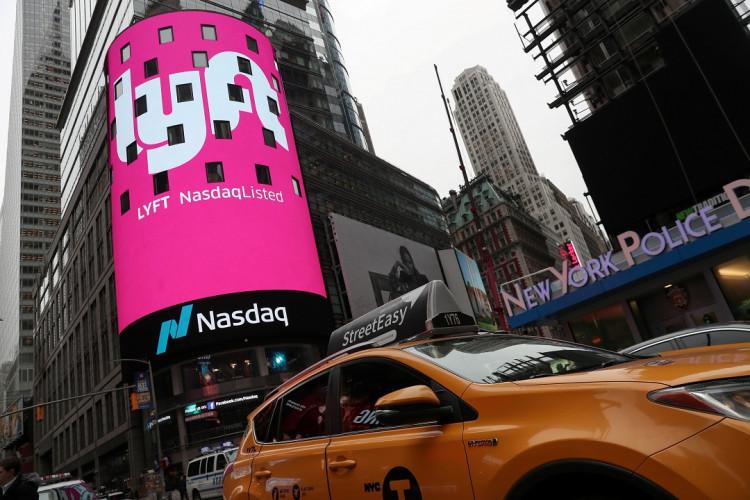Despite the high expectations for the Lyft's initial public offering (IPO), the ride-hailing company's stock prices have continued to tumble after just a couple of days on the NASDAQ stock exchange. In the second day of trading, Lyft's stock prices fell well below the US$72 the company had set for its IPO last month.
Prior to its public debut, Lyft was valued at around US$24.3 billion. During its IPO, Lyft's valuation rose to around US$26.6 billion during its first day of trading on March 29. Due to a lack of interest in the stock itself and other factors, prices quickly fell on the second day, closing at around US$69 per share. This resulted in a massive drop in the company's value, now estimated to be around US$19.8 billion.
The massive drop has somewhat resulted in a lack of investor confidence in large tech startups, with a number already preparing to go public this year. According to the managing director of equity research at Webush Securities, Dan Ives, the next few days will be a make or break moment for big tech startups to see if there is actual demand from investors. Lyft is one of the very first tech IPO to hit the market, which means that its performance will be the measuring stick that other firms will be using moving forward.
Some analysts have predicted that Lyft's IPO may be going further downhill as investors question its business model, profitability, and revenue growth. Other investors have previously expressed their concern about the company's big bets on self-driving cars, bikes, and scooters. It also doesn't help that the company had previously reported massive operating losses in the past few years.
According to its earnings report, Lyft actually lost around US$911 million in 2018. That figure is around a 32 percent increase in losses when compared to the previous year. It has to be noted that Lyft did double its earnings in 2018 to US$2.2 billion, but analysts predict that the amount growth the company had experienced is likely not going to continue in the coming years. The majority of Lyft's increased revenue had come from its move to cut driver pay and increase fees, which some have seen as an unsustainable strategy in the long run.
Apart from Lyft, companies such as Uber, Slack, and Pinterest have announced plans to go public this year. Unfortunately, these companies are basically on the same boat as they have also announced massive losses in the previous years. Pinterest had previously announced a US$63 million loss in 2018, while both Slack and Uber have yet to announce their 2018 earnings.





